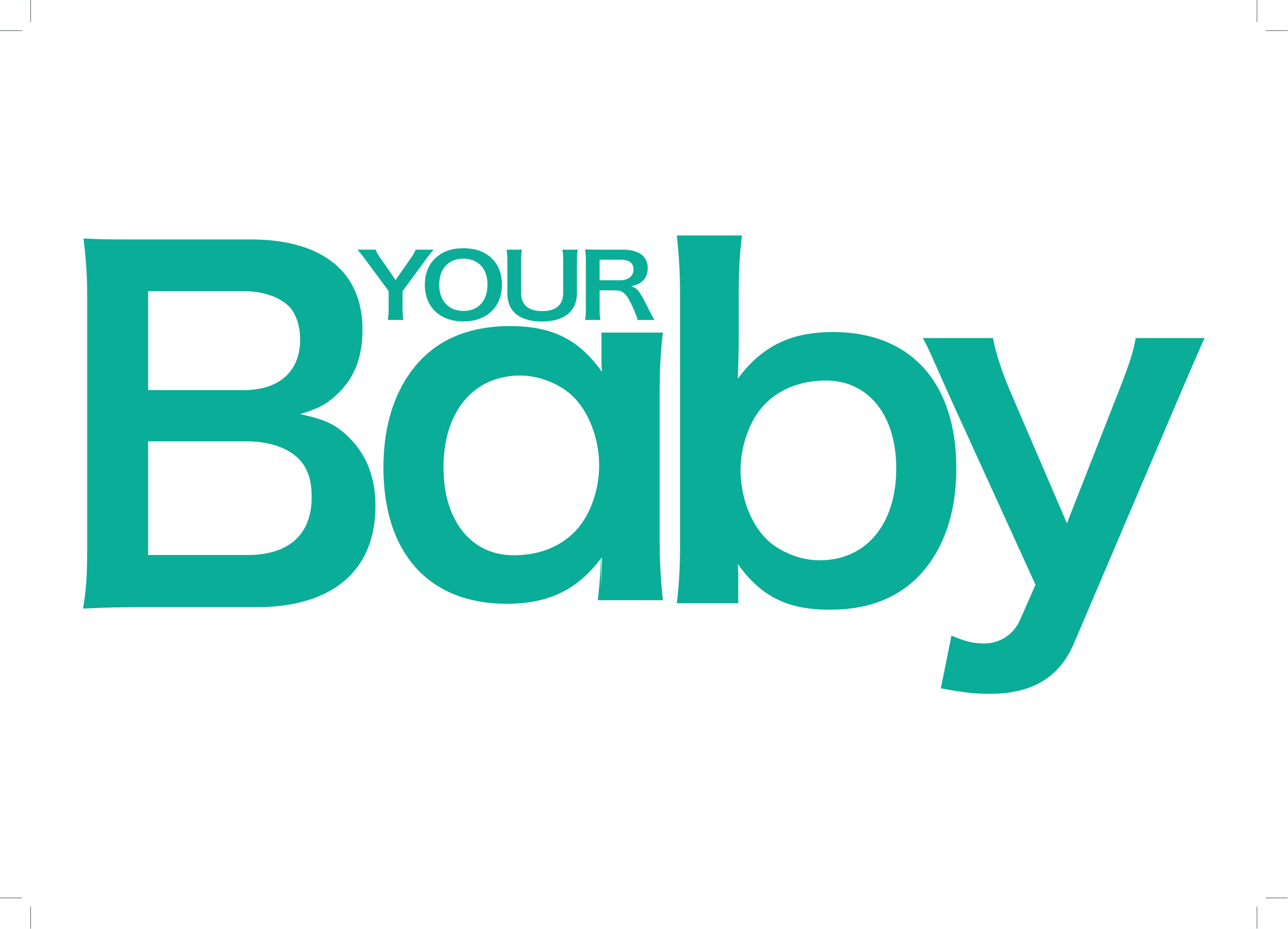
No two moms are alike in personality and habit. Each will care for their baby differently and, depending on individual style, manner and approach, will either enjoy or suffer the consequences. If you don’t feel particularly attached to your baby yet, lose the guilt!
There is enough pressure on moms, especially in the early days, and you will find your own way to help your baby thrive and feel secure. Scientific evidence shows that sensitivity to your baby’s needs plays a vital role in her development.
Your child will be better equipped to develop good self-esteem and to succeed in most areas of her life if she feels a strong, secure attachment with you.
How bonding happens
Here are six ways to build a healthy attachment with your baby:
- TOUCH AND SMELL are key needs for newborns. While your baby is awake, find ways to keep her close and in tactile contact. Slings are ideal and also help to put a restless baby to sleep.
- EYE CONTACT is important to establish a loving relationship because it means that you take an interest in her as a person. Look into her eyes from a distance of 20 to 30 cm as that will be the range in which she can focus during the first month. She will be fascinated by your face and expressions. Interestingly, the distance she can see in those early days is the distance between her face and yours while breastfeeding. Nature is wise, as you can see!
- ALWAYS RESPOND to her cries as it’s her only means of communication. Take an interest in her crying patterns and tones and she’ll have much to tell you. Never leave your baby to cry; it is a traumatic experience, counterproductive and will destroy any efforts you make in trying to bond with her.
- TALKING TO YOUR BABY is more important than we think. The soothing tone of your voice will comfort and stimulate her. Pitch your voice a little higher than normal to better engage with her. Remember that she has listened to your voice ever since she was in the womb.
- SMILE at your baby often. It’s a way of showing your love for her and the happiness you feel when looking at her. She will register the smile and respond when she is ready. It is believed that the smiling face of the main caregiver (mom) has a positive effect on stimulating and developing brain function.
- CUDDLING gives a newborn much comfort and an opportunity to bond with the mother (and father). Newborns also often have difficulty regulating their temperature and might be colder than you are. Cuddling and skin contact, in particular, can effectively regulate their temperature in this way.
What if bonding doesn’t come easily?
Bonding will not always just happen. But if you persist in applying the techniques described above, your baby is unlikely to suffer from not having had an immediate bond with you.
Paediatric psychologist Edward Christophersen says mothers often feel guilty if an immediate bond is not established between them and their babies. However, the process can take longer for some – and this doesn’t mean that there is anything wrong with you.
Bonding is a natural outcome of sensitive caregiving and in time, as you get to know your baby’s habits and characteristics, the bond will deepen and grow strong.
What if bonding just doesn’t happen?
Around 35 percent of babies form an unhealthy attachment with the mother and develop feelings of insecurity and anxiety in her presence because she is not the source of comfort they expected.
If several weeks go by and you don’t feel an attachment developing with your baby, or you begin to feel resentment and anger, then speak to your paediatrician or doctor as you could be suffering from postnatal depression.
Postnatal depression is a moderate to severe form of depression that usually occurs within three months after giving birth. The mother typically feels anxious, irritable, tearful and restless and may
harbour negative feelings towards her baby or feel unable to care for her baby or herself.
Early diagnosis and treatment will prevent your relationship with your baby deteriorating and help you to restart the bonding process.
All about dad
Baby bonding is not only for moms. Dads have a significant role to play too. Research reveals that instead of cooing, talking or singing, dads like to be physically playful – lots of leg jiggling, soft tummy tickles and the start of peek-a-boo games.
They’re the fun guys in this game of bonding and have a special role to play. If they stay close enough to the action they may even be the ones who’ll see the




 Publications
Publications
 Partners
Partners










